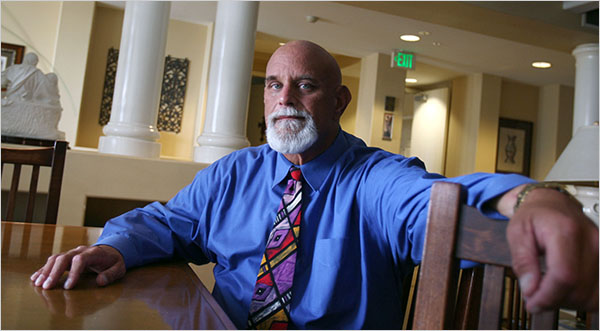| Want to send this page or a link to a friend? Click on mail at the top of this window. |
More Special Reports |
| Posted August 7, 2009 |
| National |
|
Another Hurdle for the Jobless: Credit Inquiries |
|
|
|
|
 |
|
|
J. EMILIO FOR THE NEW YORK TIMES |
|
| Kevin Palmer, 49, of Santa Ana, Calif., lost a job offer after a credit check revealed a bankruptcy. |
|
By JONATHAN D. GLATER |
|
____________ |
|
|
|
|
| A lawmaker wonders if debt is relevant to skills as a pipefitter. | |
|
____________ |
|
|
|
| Wehaitians.com, the scholarly journal of democracy and human rights |
| More from wehaitians.com |